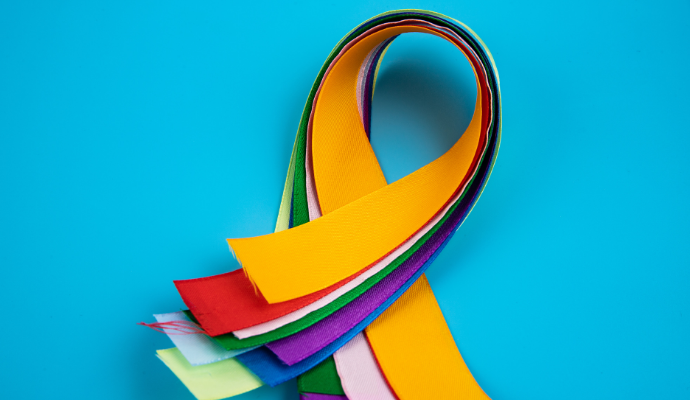Kite’s T-Cell Therapy 60% Effective Against Large B-Cell Lymphoma
In a Phase 3 trial, Kite’s CAR T-cell therapy met the primary endpoint of event-free survival and the key secondary endpoint of objective response rate against large B-cell lymphoma.

Source: Getty Images
- Kite recently announced that its CAR T-cell therapy, Yescarta, improved event-free survival by 60 percent compared to the standard of care in a Phase 3 clinical trial.
After a median follow-up of two years, the global Phase 3 trial, ZUMA-7, met the primary endpoint of event-free survival and the key secondary endpoint of objective response rate.
An interim analysis of overall survival showed a trend favoring Yescarta. But data are immature at this time, a Kite spokesperson explained, and further analysis is planned for the near future.
“Yescarta has been instrumental in transforming outcomes for patients with third-line LBCL. Our goal has always been to bring the benefit of CAR T-cell therapy to more patients, earlier in their treatment, where the potential for benefit may be even greater,” Christi Shaw, chief executive officer of Kite, said in the announcement.
“As the leader in cell therapy, Kite is honored to deliver this landmark study and would like to thank the patients, families, physicians and care teams around the world that made this possible,” Shaw continued.
ZUMA07, initiated in 2017, evaluated a one-time infusion of Yescarta compared to chemotherapy plus stem cell transplant in 359 adult patients with relapsed or refractory large B-cell lymphoma in 77 centers globally.
Safety results found trial results were consistent with or lower than the known safety profile of Yescarta for the treatment of large B-cell lymphoma in the third-line setting. Six percent of patients experienced cytokine release syndrome Grade 3 or higher, while 21 percent of patients experienced neurological events Grade 3 or higher.
Notably, there were no safety concerns identified in the second-line setting.
Standard of care for relapsed or refractory large B-cell lymphoma is a two-step process.
In the first part of the process, immunochemotherapy is reintroduced. If the patient can tolerate further treatment, they move on to high-dose chemotherapy plus stem cell transplant.
According to Kite, about 40 percent of patients with large B-cell lymphoma will need second-line treatment, as their cancer will either return or not respond to treatment.
Frederick L. Locke, MD, ZUMA-7, lead principal investigator and co-leader of the immuno-oncology program at Moffitt Cancer Center in Florida, explained that the positive results from the ZUMA-7 trial show a potential paradigm shift in the treatment of large B-cell lymphoma.
“The outcomes for patients relapsing after frontline chemotherapy in this study are dramatically improved with rapid referral (to a CAR T center) and a single infusion of axicabtagene ciloleucel as compared to chemotherapy and consolidative autologous transplant, the longstanding second-line standard of care,” Locke said.
Detailed results from ZUMA-7 are expected to be submitted at a future medical congress.
Additionally, Kite plans to initiate discussions with FDA, the European Medicines Agency, and other global health authorities regarding submission of a supplemental biologics license application to expand currently approved indications for Yescarta.
